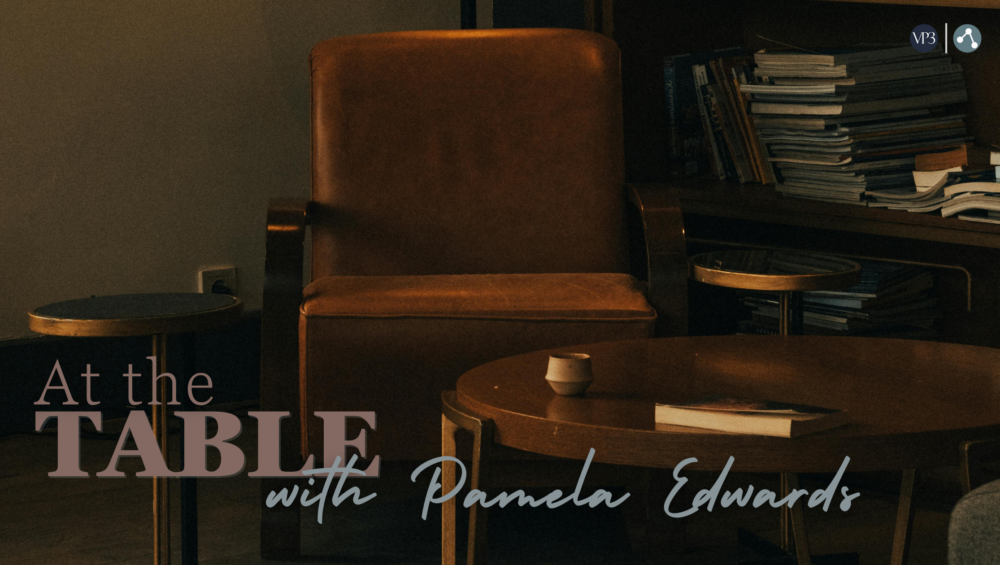When she first sat at her mentor’s table, she couldn’t precisely tell you why she was there. Her life wasn’t falling apart, her prayers didn’t feel hollow, her faith hadn’t been shaken, but she was looking for something more. “I think I have settled for shallow waters along the shore, and I know deep waters are calling to me, I know that deep calls to deep.” She didn’t expect answers, but maybe good questions, presence, and trusted words to help in reading the stories she knew. God was still writing with her. In the weeks that followed, she experienced a slow, steady uncovering of grace in the deeply personal, ordinary, sacred steps of her journey.
Spiritual mentoring, or simply call it spiritual friendship, is an intentional and deliberate process of sacred conversations for the purpose of soul formation. From my own experience with the mentors of my own life, I know it to engage at least three common experiences… Read More







